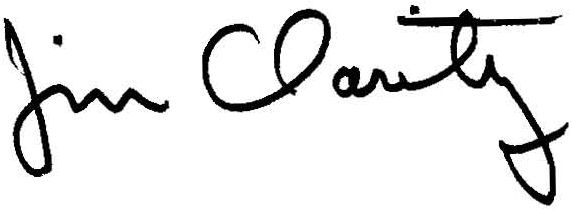
Jesse M. Heines
November 15, 1970
This article was written when the
author was a junior high school teacher at the Anglo-American
School in Moscow, Russia, and had been in Russia for just
Thursday evening, October 22, 1970, I celebrated Simchas Torah with the Jews of Moscow. Literally hundreds gathered in the street outside the biggest of Moscow’s three synagogues singing, “Jews, Jews! Jews everywhere! Nothing but Jews!” This was not quite true. The crowd was densely infiltrated by agents of the police in plain clothes.
I was with a friend who is much more experienced in the ways of this country than I, and he pointed out many agents, including two that were following us all the time we were there. Later, as we drove home, these same two men pulled up right beside us at a stoplight and gave us a cold, hard stare before turning off.
My friend explained that this demonstration is the only non-state-organized function of its kind, and that this year’s was quite unprecedented due to the extremely large turnout. This turnout, he went on, may reflect the Jewish community’s reaction to the increase in the amount and openness of Soviet support to the anti-Semitic groups in the Middle East.
We heard one man speaking against the Soviet government tor a few minutes, and then a flash bulb went off right at him! An incredible thing followed, the people jumped the photographer! Really, you must understand the meaning of such an incident here. They dragged him for a couple of minutes until the militia broke into the the group and held them back while they allowed the man to run away. You see that he was definitely an agent of the police.
After about two hours we found a small, unmarked building where people were being ushered in and out like crazy: the impromptu militia station. A woman said to my friend, “Are you Jewish?” He answered, “No.” (He isn’t, that’s the truth.) She replied, “Oh, you’re Russian.” Lesson number one: you’re either Russian or Jewish, not both.
But the tone of the demonstration was anything but melancholy. Everyone in the street was dancing, and more than once I was swept into a wild crowd of singing, dancing Jews without any say in the matter. When I told one young man of about my age (22) that I am an American Jew, he threw his arms around me and pulled me into his circle shouting to all his friends who I am. The bond was absolutely incredible.
They wanted me to teach them to sing “Hava Nageela” in English! This,
of course, I could not do, but I did end up dancing with another young
man in the middle of the circle singing in Hebrew. Some of the girls
tried to do a version of the hora, but most just jumped up and down
and moved around in a tight circle. My mind just goes blank when I try
to think of all the songs we sang
The highlight of the celebration was a hippie rabbi from New York! He
looked about 50 years old, with very, very long curly gray and black
hair, a matching beard, and an embroidered yalmacha. He stood for
hours singing and leading a group of faithful young followers in
Hebraic-sounding chants. They just sang the same melody over and over
I finally got near enough to him to shout “Hello, lansman!” in his ear, and he whipped around with brilliant eyes and hugged me as if I were his long lost brother. Everyone squeezed around us trying to hear what we said to each other. He spoke no Russian, but spoke in Hebrew to a man of about 30 who translated into Russian. It was all I could do to break away from that group an hour or so later.
About 11 PM I met a man who had been born in the same town as my grandparents, Cherkasi. This town is in the Ukraine, about 900 kilometers southwest of Moscow, and my grandparents fled from there separately in 1912. (They were not married when they fled. That occurred years later when they found each other in Philadelphia.)
The man was 32 years old, and he spoke very openly to me. At one point he satirically put his hand over his heart and said, “We love it here. We have no problems in being Jews, and we are treated just fine. I would not like to be anywhere else.”
He then turned to me suddenly and said quietly, “If your grandparents had not left when they did, you would still be in this country today.” That’s a big “if.”

Dear Mr. Heines,
I have read and enjoyed your piece. I would have only a few minor, technical criticisms of it. However, I can’t see where it would fit in our paper just now. We ourselves did a piece on Simchas Torah, which, while not as personal as yours, probably killed it as being newsworthy now. But as a sample of writing, I thought it generally excellent.
Please send along anything else you may have. Just a tip: a less personal, more third person style, is usually more acceptable to our conventional paper, unless one is of course a columnist, which neither you nor I are...yet.
Cheers. Let’s see some more. May I keep your copy to show to Mr. Gwertzen, the bureau chief, for another day or so?
Regards,
